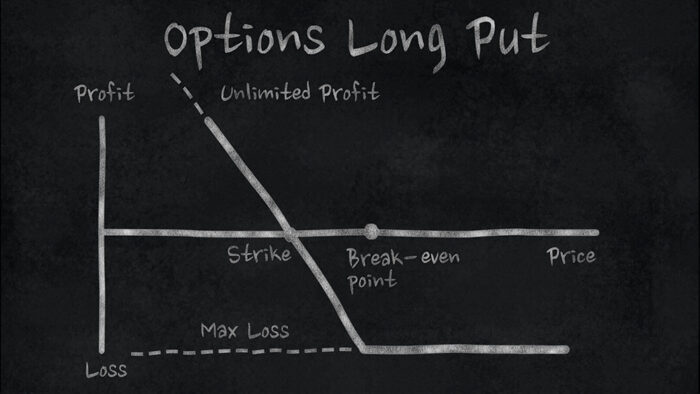The post “Can Investors Save the Planet? Unlikely.” first appeared on Alpha Architect Blog.
The question of if investors can save the planet is an interesting one. In this article, we examine the research on the commitment of asset managers to investing in line with the Race to Zero goal of limiting global warming to 1.5 °C with limited or no overshoot.
Can Investors Save the Planet? – NZAMI and Fiduciary Duty
- Gosling and MacNeil
- Capital Markets Law Journal, forthcoming
- A version of this paper can be found here
- Want to read our summaries of academic finance papers? Check out our Academic Research Insight category
What are the Research Questions?
At COP 26, banks, asset owners, asset managers, and insurers representing 450 firms in 45 countries and more than $130 trillion of private capital famously came together to announce the formation of the Glasgow Financial Alliance for Net Zero (GFANZ) with the aim of investing in line with the Race to Zero goal of “limiting warming to 1.5°C with limited or no overshoot.”
Given that a recent report from United Nations Environment Programme says that there is “no credible pathway” in place to 1.5°C, the authors explore the implications for asset managers, as fiduciaries, of investing in line with a climate scenario that might now be considered an unlikely future outcome. In other words, can investors contribute to saving the world?
What are the Academic Insights?
The quick answer is NO. The authors find:
- In practical terms, the risks of being found by a court to be in breach of fiduciary duty for following such strategies is likely to be small. This is because adopting such strategies is, in most practical cases, likely to lead to relatively small differences in investment return compared with investment in the market portfolio. Given the noise in markets and the range of potential investment strategies, it would be difficult to prove that one of these strategies was manifestly unreasonable.
- However, the likelihood of such strategies achieving significant change in carbon emissions – a key objective of the NZAMI project – is low. Moreover, those strategies most likely to achieve such reductions (aggressive tilting, engagement, or impact strategies) are the most likely to deliver significantly impaired returns, especially in a scenario, which is likely, in which governments do not impose the regulation required for global warming to be reduced.
- There appears to be a tension between meeting the stated commitments of NZAMI to “invest in line with 1.5°C” and fiduciary duty considerations. The more likely a strategy is to deliver real-world change in carbon emissions, the more likely it is to give rise to fiduciary concerns. These fiduciary concerns are unlikely in most cases to give rise to enforceable legal liability for the above reasons. However, it is likely that many asset managers, when applying an expected standard of fiduciary duty, will conclude that the strategies that are more impactful in the real world are not consistent with that duty in the absence of an explicit authorizing mandate from clients. As a result, the duties most likely to be adopted by NZAMI signatories are those that meet fiduciary duties to clients but have a low likelihood of making a meaningful contribution to fighting climate change.
Why does it matter?
This study is an important contribution to the debate around whether current impact investing strategies do in fact add value not just in terms of financial returns but, most importantly, in the environmental impact they are supposed to deliver.
Visit Alpha Architect to read the full article: https://alphaarchitect.com/2023/01/investors-save-planet/.
Disclosure: Alpha Architect
The views and opinions expressed herein are those of the author and do not necessarily reflect the views of Alpha Architect, its affiliates or its employees. Our full disclosures are available here. Definitions of common statistics used in our analysis are available here (towards the bottom).
This site provides NO information on our value ETFs or our momentum ETFs. Please refer to this site.
Disclosure: Interactive Brokers
Information posted on IBKR Campus that is provided by third-parties does NOT constitute a recommendation that you should contract for the services of that third party. Third-party participants who contribute to IBKR Campus are independent of Interactive Brokers and Interactive Brokers does not make any representations or warranties concerning the services offered, their past or future performance, or the accuracy of the information provided by the third party. Past performance is no guarantee of future results.
This material is from Alpha Architect and is being posted with its permission. The views expressed in this material are solely those of the author and/or Alpha Architect and Interactive Brokers is not endorsing or recommending any investment or trading discussed in the material. This material is not and should not be construed as an offer to buy or sell any security. It should not be construed as research or investment advice or a recommendation to buy, sell or hold any security or commodity. This material does not and is not intended to take into account the particular financial conditions, investment objectives or requirements of individual customers. Before acting on this material, you should consider whether it is suitable for your particular circumstances and, as necessary, seek professional advice.


















